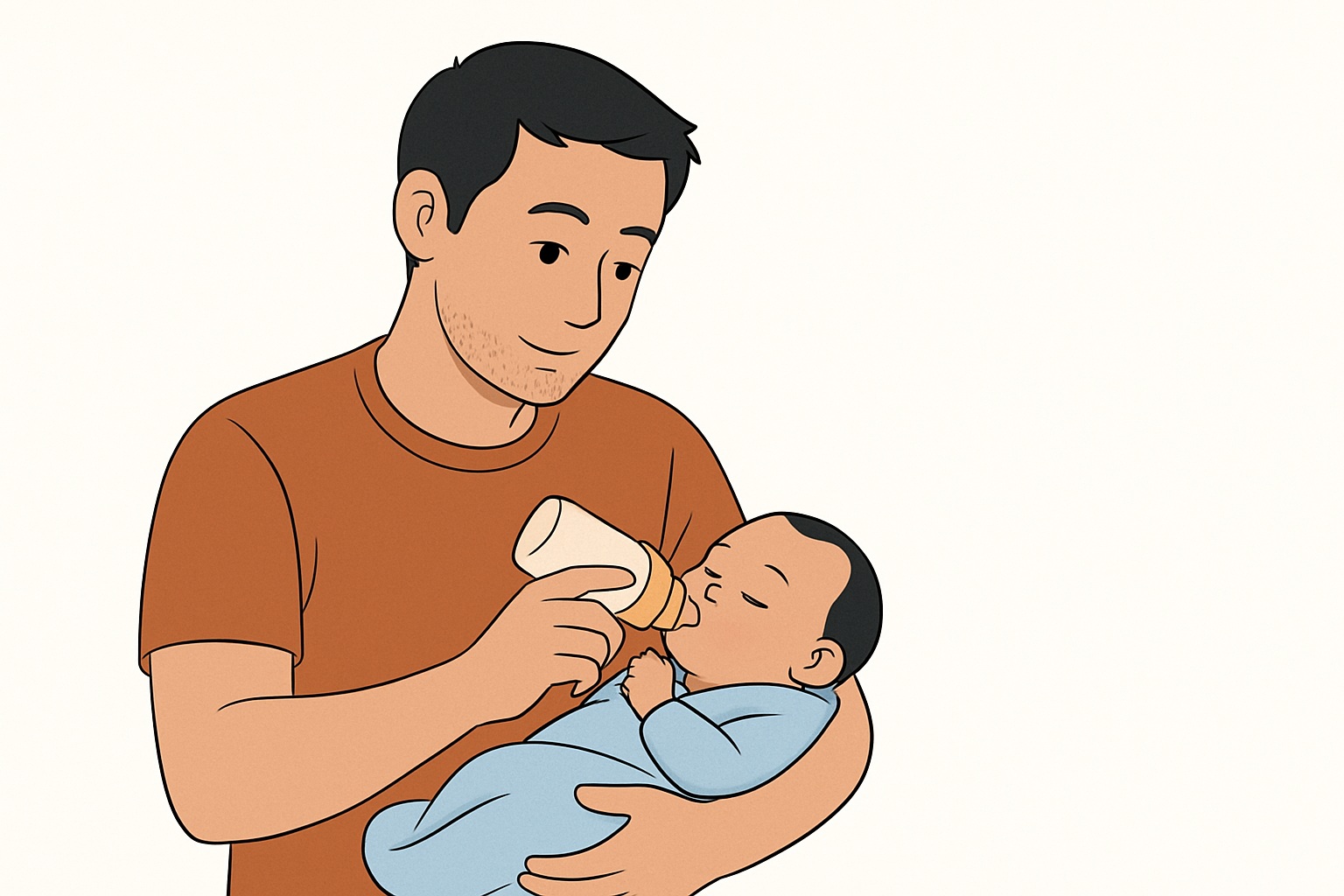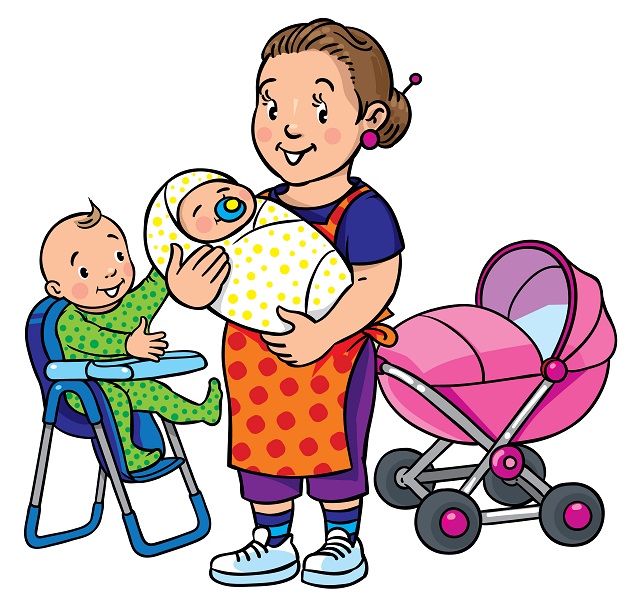Ten reasons why babies wake up at night
Babies' sleep patterns can be affected by many things which include illness, changes in the routine change in environment and advances in development. Many infants who were great sleepers as small babies start waking up again during the night between 6 and 10 months of age.
Here are some very common reasons that could be causing baby suddenly waking up at night.
1.Overtired and overstimulated
Some parents may think that babies will just fall asleep when they get tired. This is not true. Babies who go to bed later tend to be overstimulated and overtired at bedtime and therefore end up sleeping worse than babies who go to sleep earlier.2.New milestone
Some babies have trouble sleeping as they come close to reaching developmental milestones. This first happens when a baby learns how to roll over. Although the baby may roll over onto their stomach with no problem, they might not have the strength to push themselves back onto their backs again.
When your baby just learns to how to sit up, she may wake up and push up into a sitting position all by themselves. But then they have not learned to lay back down and sleep again. The same thing can happen with a baby who has just learned to pull themselves up to stand.
3.Night terrors
Night terrors are fairly common and happen more often in toddlerhood.
Night terrors are a sleep disturbance. When your baby experiences this, she may suddenly sit up in bed, mumble, moan, cry, and scream. Her eyes might be open, but she is actually not fully awake.
4.Separation Anxiety
You'll know you're dealing with separation anxiety and sleep when your baby is suddenly unwilling to let or watch you leave during bedtime.
5.Teething
Teething wakes children at night and disrupts sleep. Teething typically commences around 6 months of age but I hear about teething waking babies all the way through their toddlerhood.
6.Illness
Congestion makes it difficult to keep a pacifier in their mouth.
A sore throat causes them to eat less and so they might wake up hungry at high.
Coughing can prevent a baby from falling asleep, or it can wake them up once they finally do fall asleep.
7.Pacifiers, bottles, singing, rocking and other sleep association
Many babies are conditioned to fall asleep (or fall back to sleep) while sucking on something like pacifiers or bottles. If the pacifier falls out, they will wake up.
Some baby may suddenly out during the night, they may be waking because of a sleep association. This occurs when a baby is unable to fall back asleep without a certain support. For many babies, this is nursing. For others, this might be bouncing, rocking, singing. The list goes on and on.
8.Room temperature
If your baby wakes during the night with a sweaty head, and there are no obvious signs or needs, room temperature may be the culprit. Check your baby's back of their neck to confirm. If your baby's hand or noise are cold, the temperature may be too low for them.
9.Sleep regression
The term "sleep regression" can be used to describe any period of time when a baby who has been sleeping well, starts to wake more than usual or is harder to settle. These periods usually last anywhere from a few days to a few weeks, although it may feel like longer if you're a new and exhausted parent.
Despite the word "regression", there's no evidence to show that your baby's sleep is actually regressing in any way. In fact, waking more at night is simply part of your baby's normal development. However, the term can be a memorable and useful way of describing these temporary changes in your baby's sleep patterns.
Typically they occur at 4 months, between 8-10 months, 18 months, and at 2 years.
10.Growth hunger
Between birth and 12 months, your baby will go through at least eight separate growth spurts. During these spurts, your baby may do larger chunks of sleep but when they wake they will be ravenous. In an older baby, if they were previously sleeping through the night, or waking only once or twice, you may see more waking because baby wants to be fed.
How do I prevent baby waking in the might?
The best way to deal with sudden nighttime wakings is to stick with what worked before. Don't suddenly change your baby's bedtime routine or the way you get your baby to sleep. Also, don't develop a bedtime habit that you won't want to stick to.
Rocking your baby to sleep for a night or two may work in the short run, but you'll probably have to do it the next night and probably for the next month or more. Remain consistent in what you do for several weeks. This will help your baby return to sleeping through the night once the temporary issue is resolved.
Other measures that can help your baby to fall asleep again include the following:
1. Proper temperature and dress
Ensure that the temperature in your baby's room is comfortable. It should not be too hot or too cold for your baby. Dress your baby according to the weather and the temperature inside the room.
2. Maintain a routine
Babies find it very difficult to adjust to a sudden change in routine. If your baby is used to falling asleep at a particular time at night, make sure you follow the pattern every day.
3. Tummy full
If your baby is full before falling off to sleep, chances of waking up in the middle of the night will be lesser.
Wean your baby off night feeding. To do that, first, make sure your baby gets sufficient milk throughout the day and offer her extra food in the evening.
4.Deal with separation anxiety
To help your baby understand object permanence, teach him that you'll never disappear by playing peek-a-boo or hide and seek. When you leave, be sure to say goodbye to your baby, and make a big deal out of your return, so that he knows that even if you go away for a while, you're going to come back. And if your baby wakes up in the middle of the night and you need to reassure him, be quick about it. Comfort him, give him a kiss and a quick cuddle, and let him know that you're leaving because it's time for him to sleep. You, too!
5.Pain relievers for teething
There are OTC pain relievers, remember to read the instruction carefully and discuss with the doctor whenever you have doubt.
It takes a village to raise a child !
Join our WhatsApp Parenting Chat Groups By Area in Singapore.









